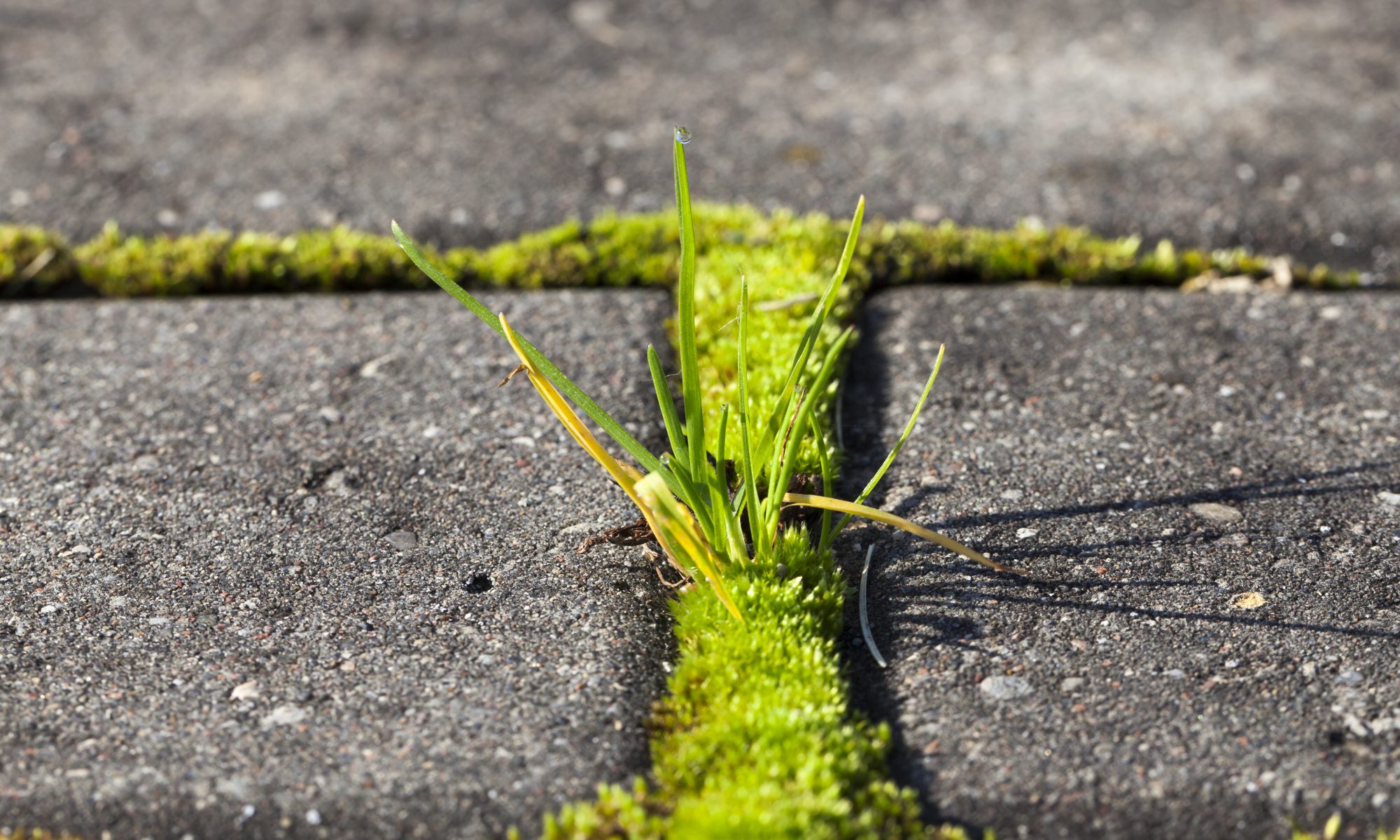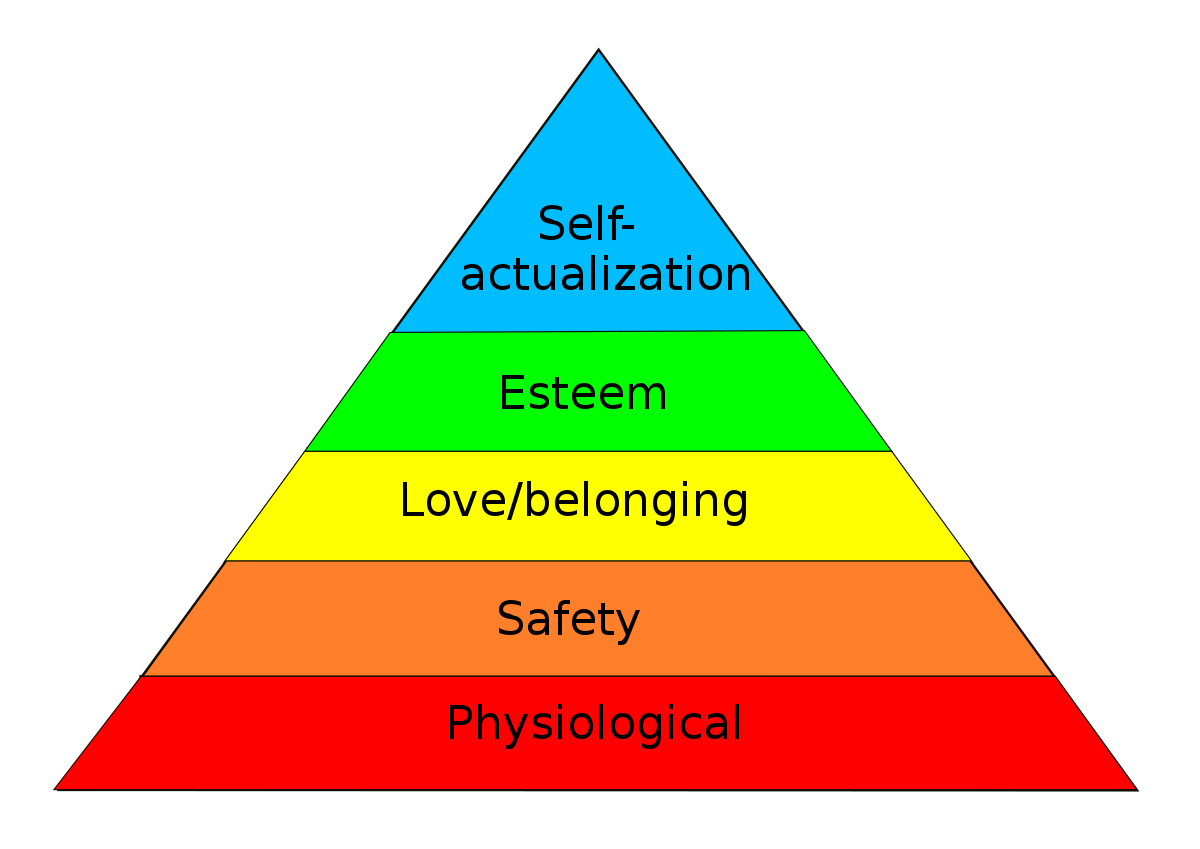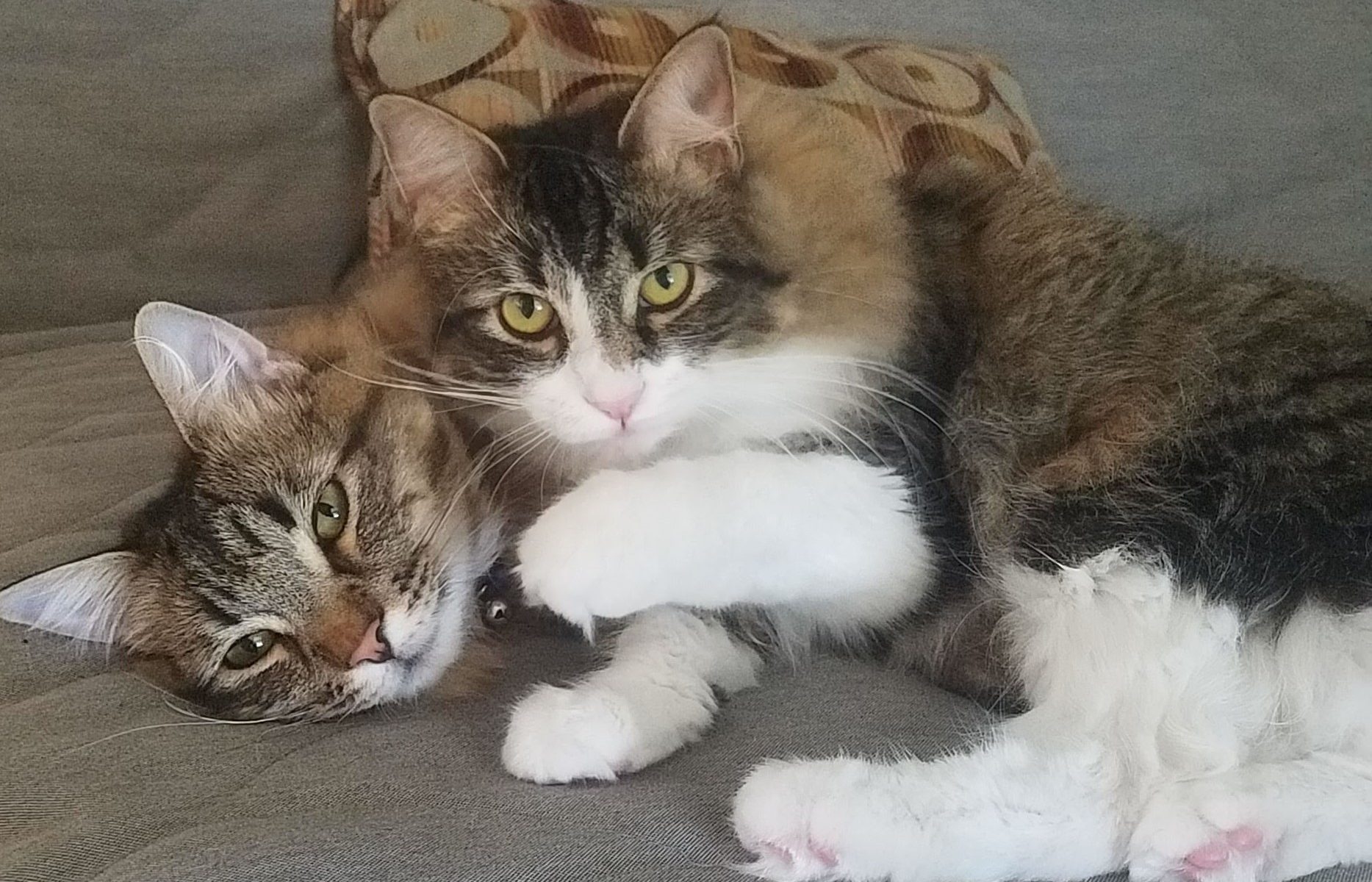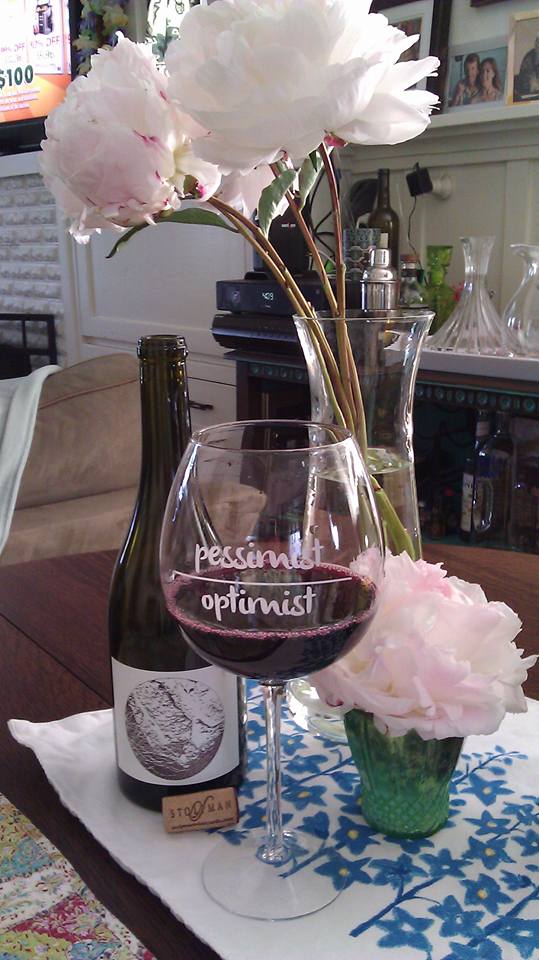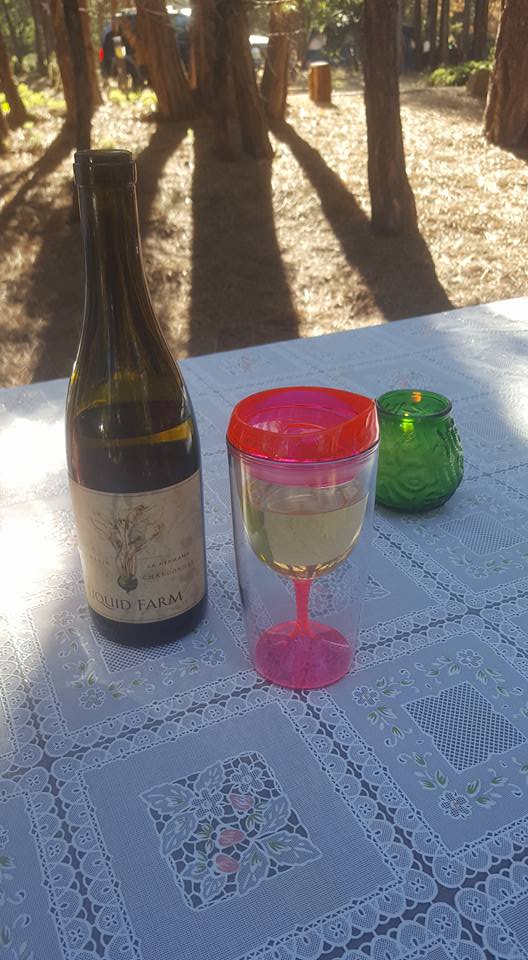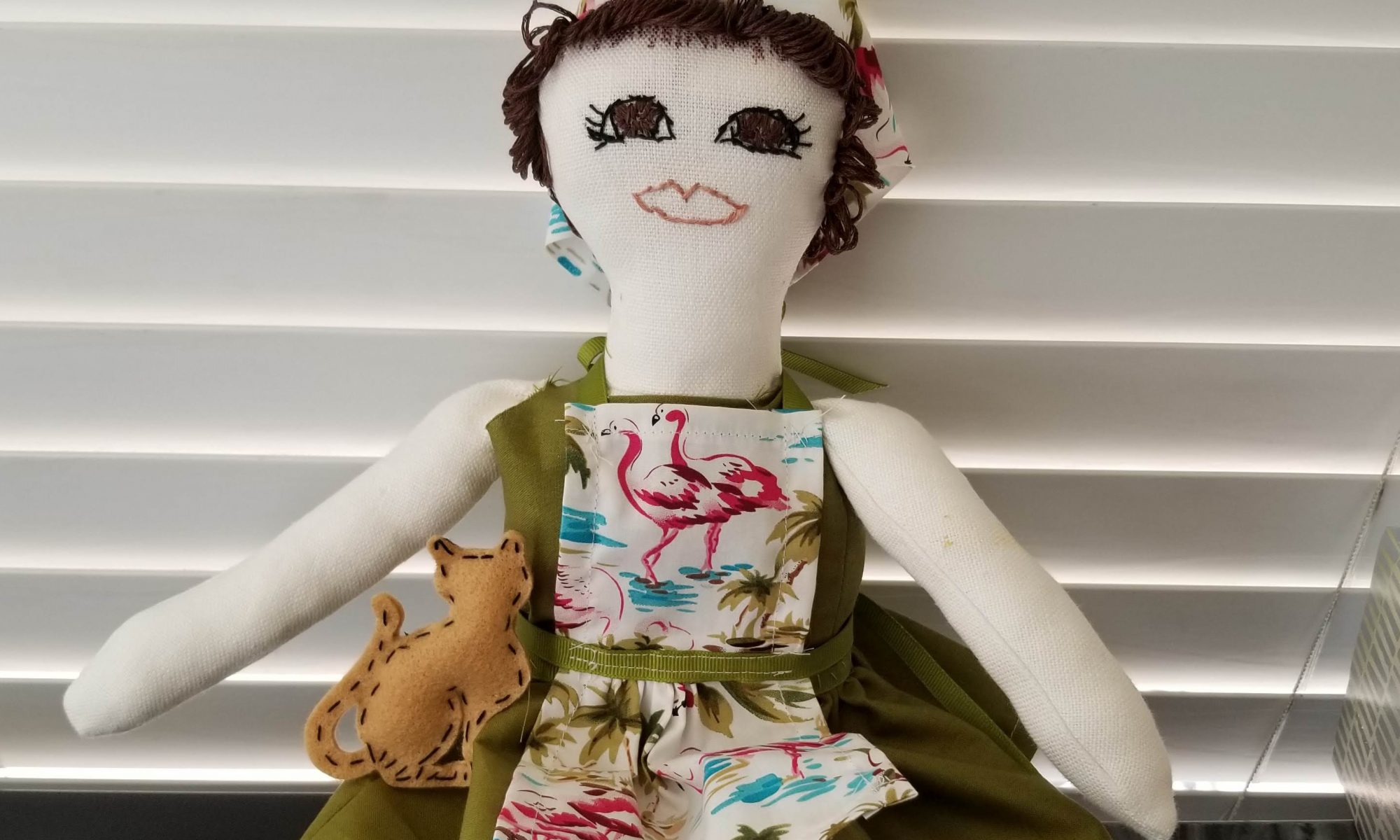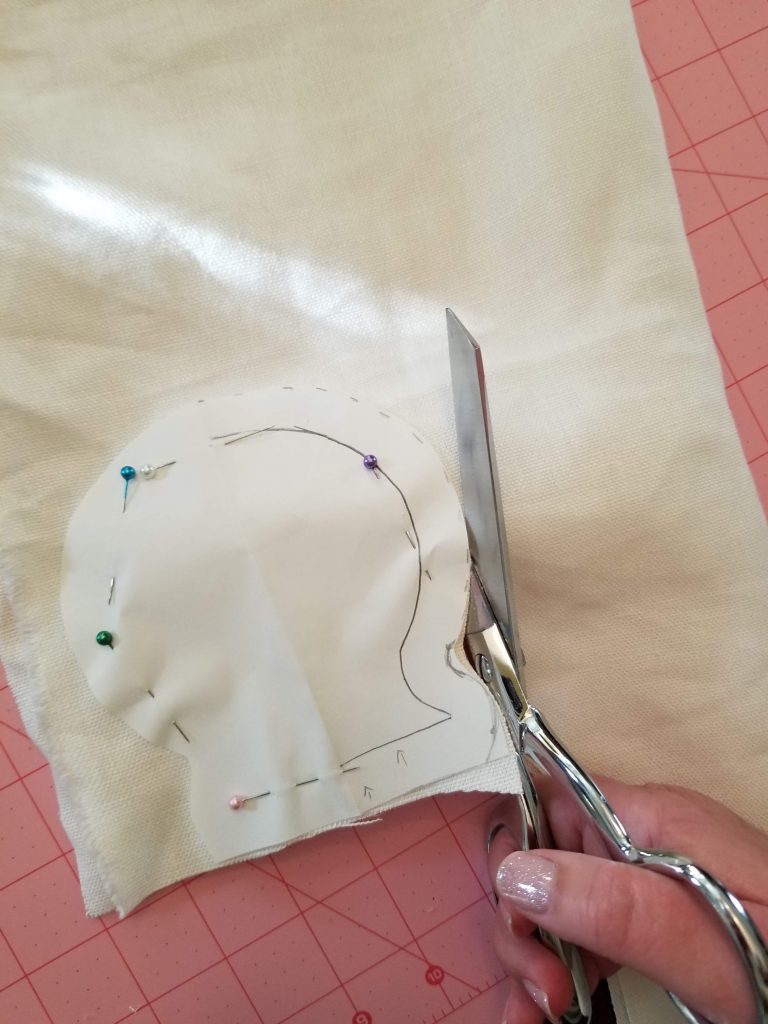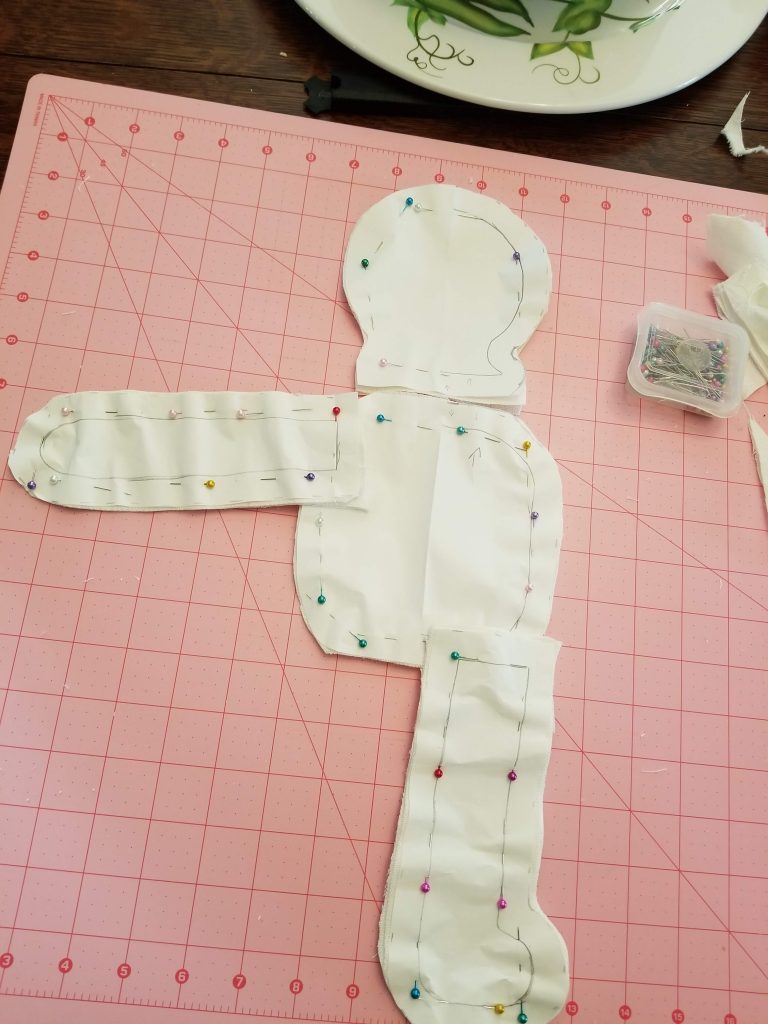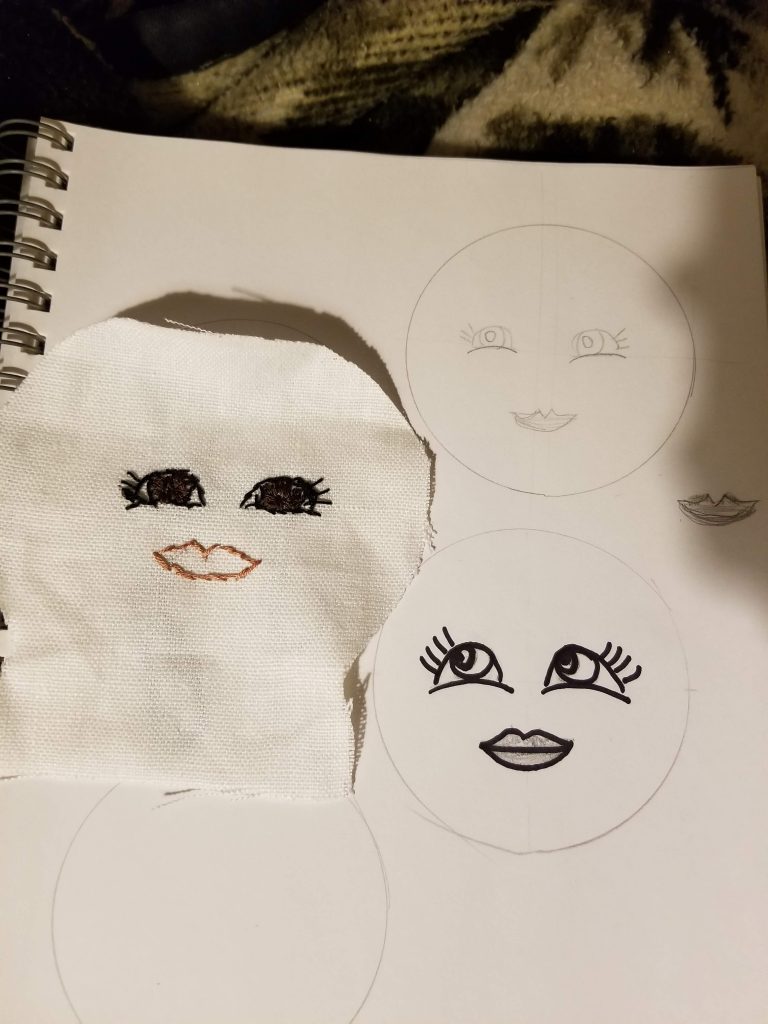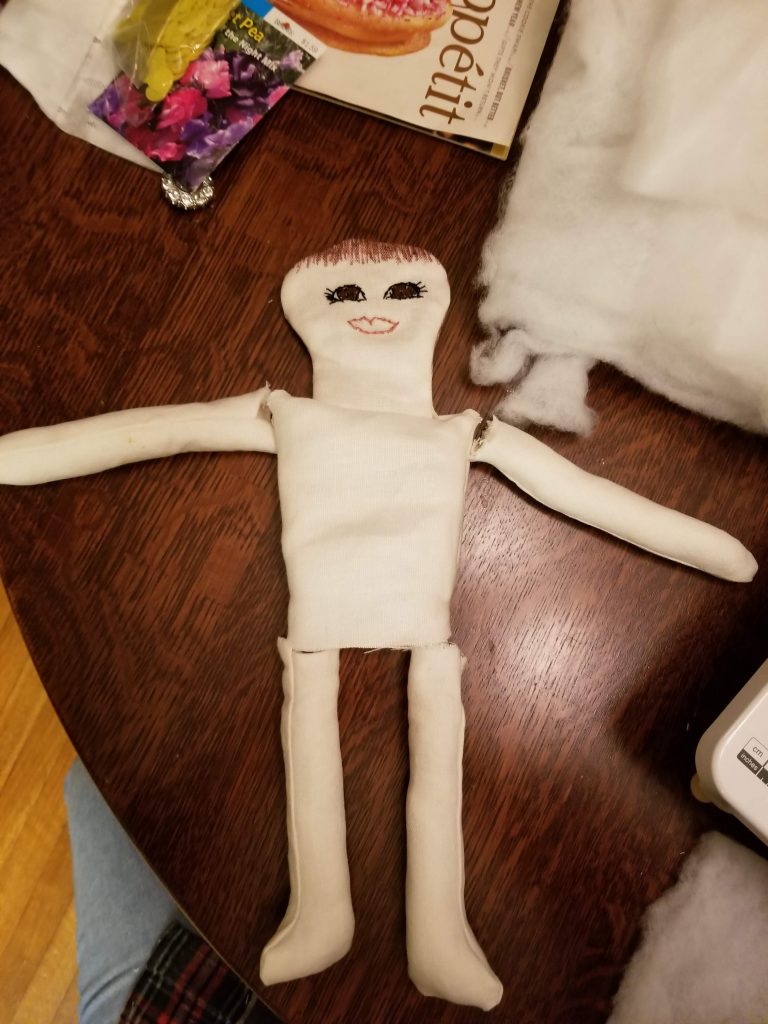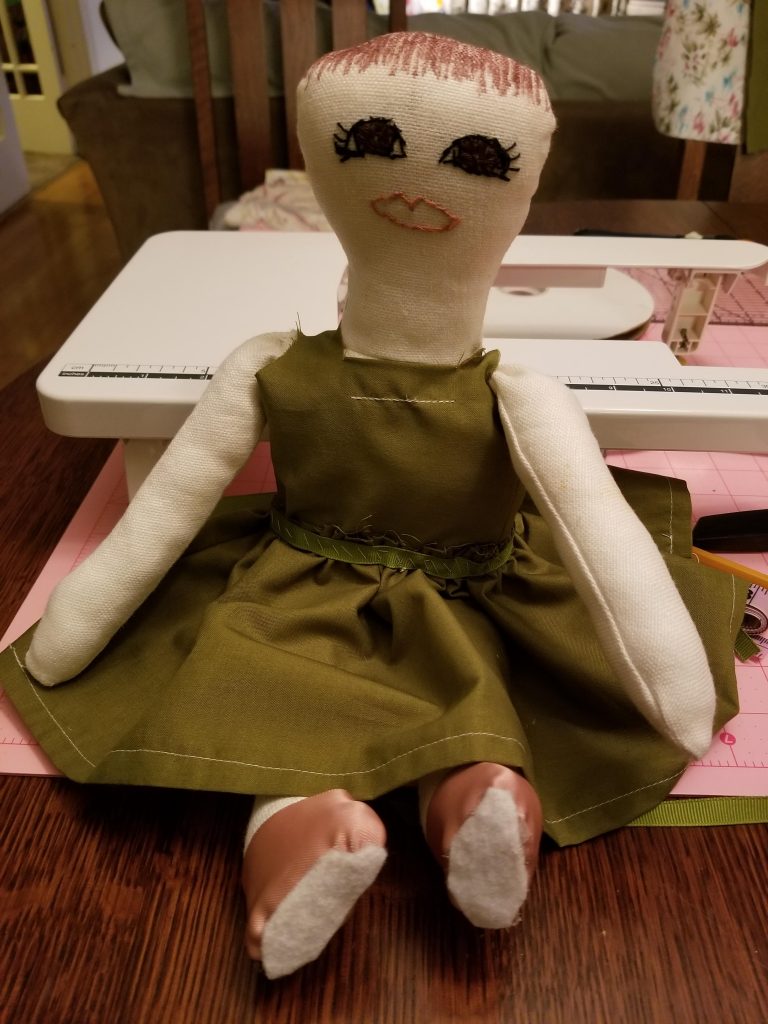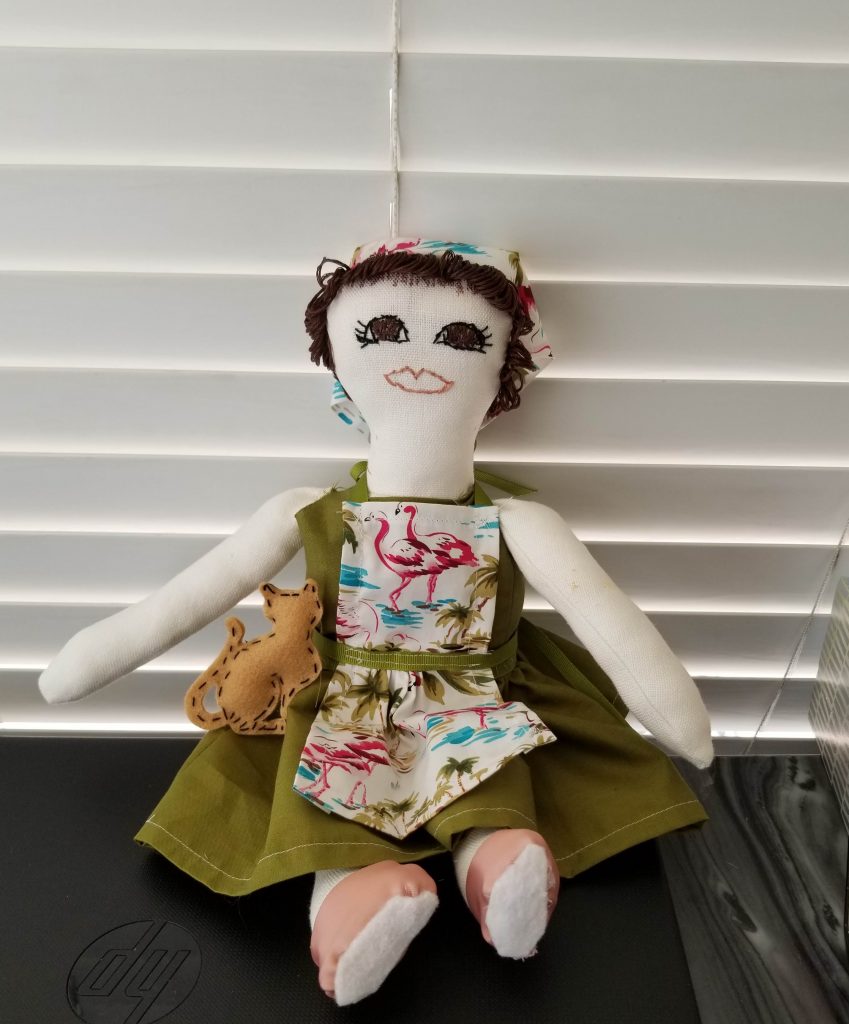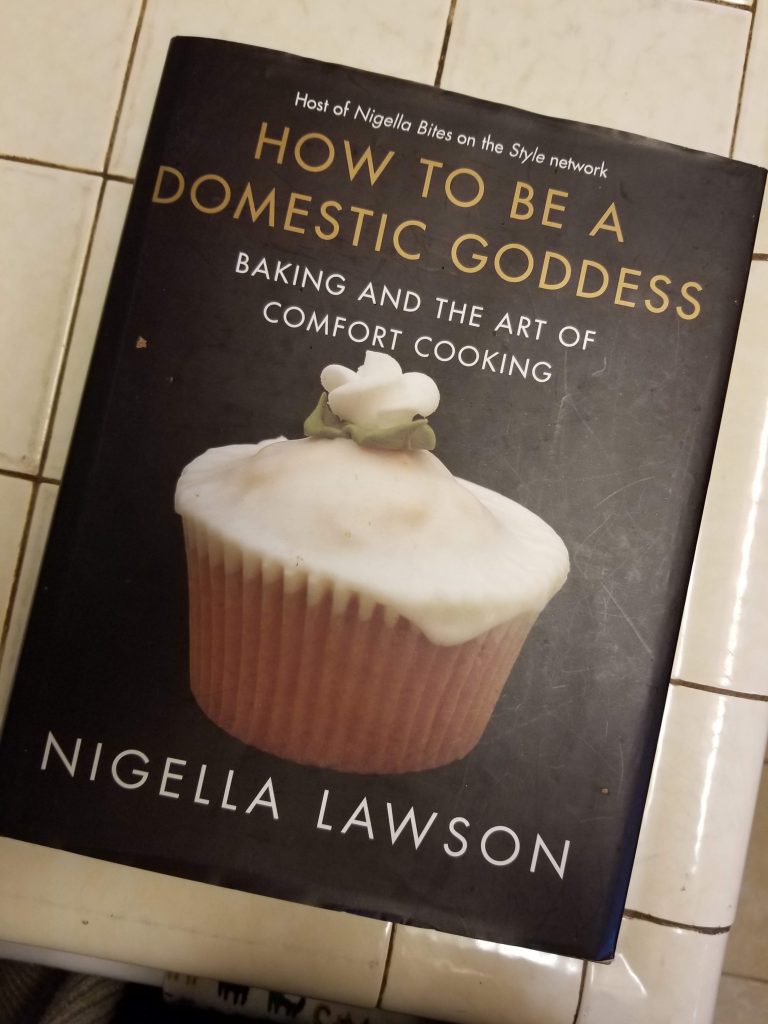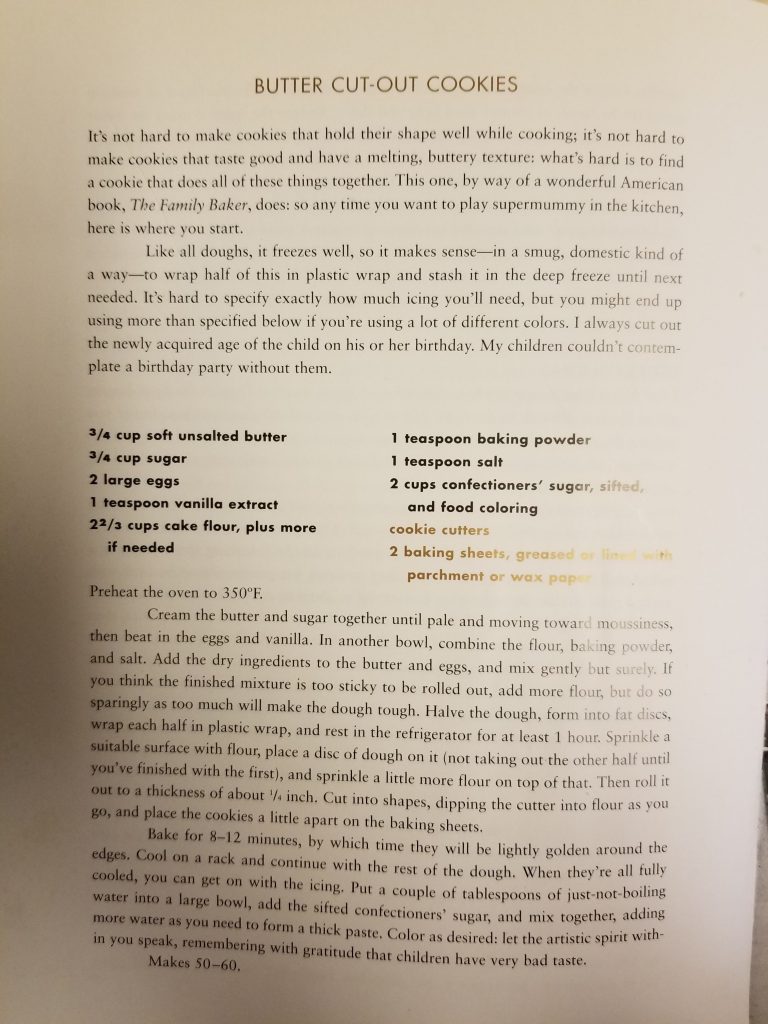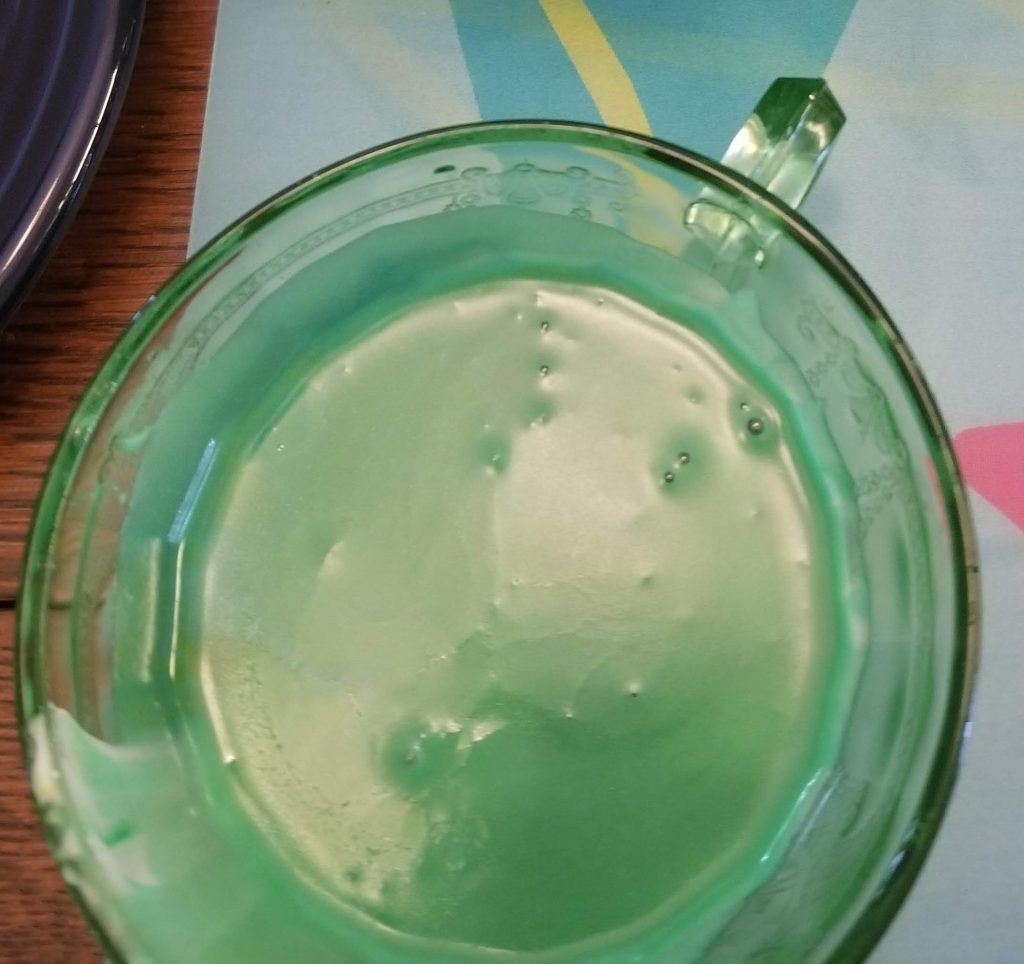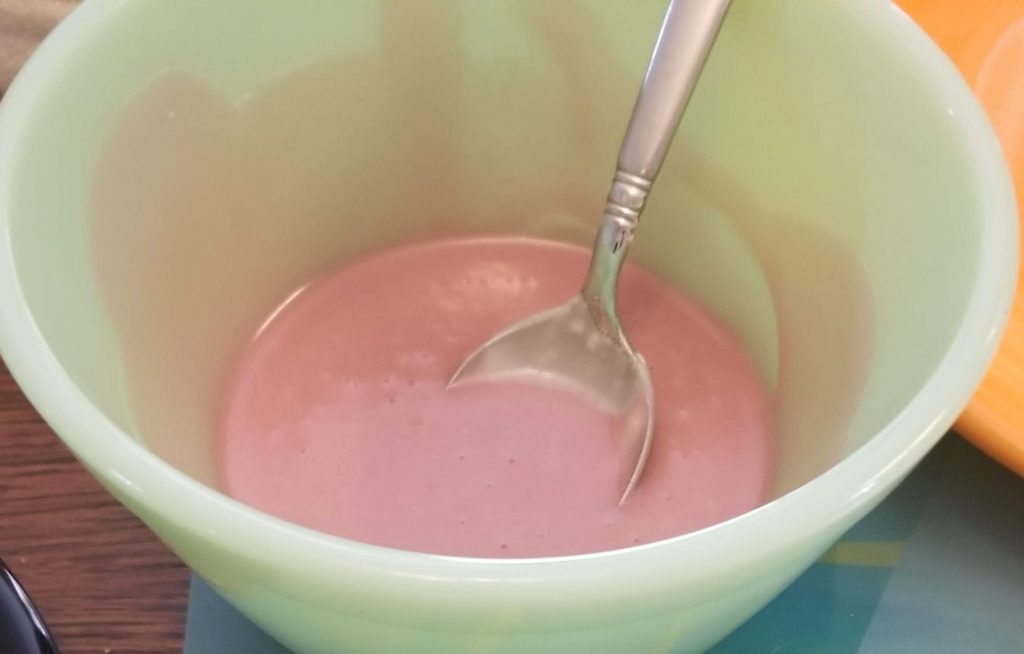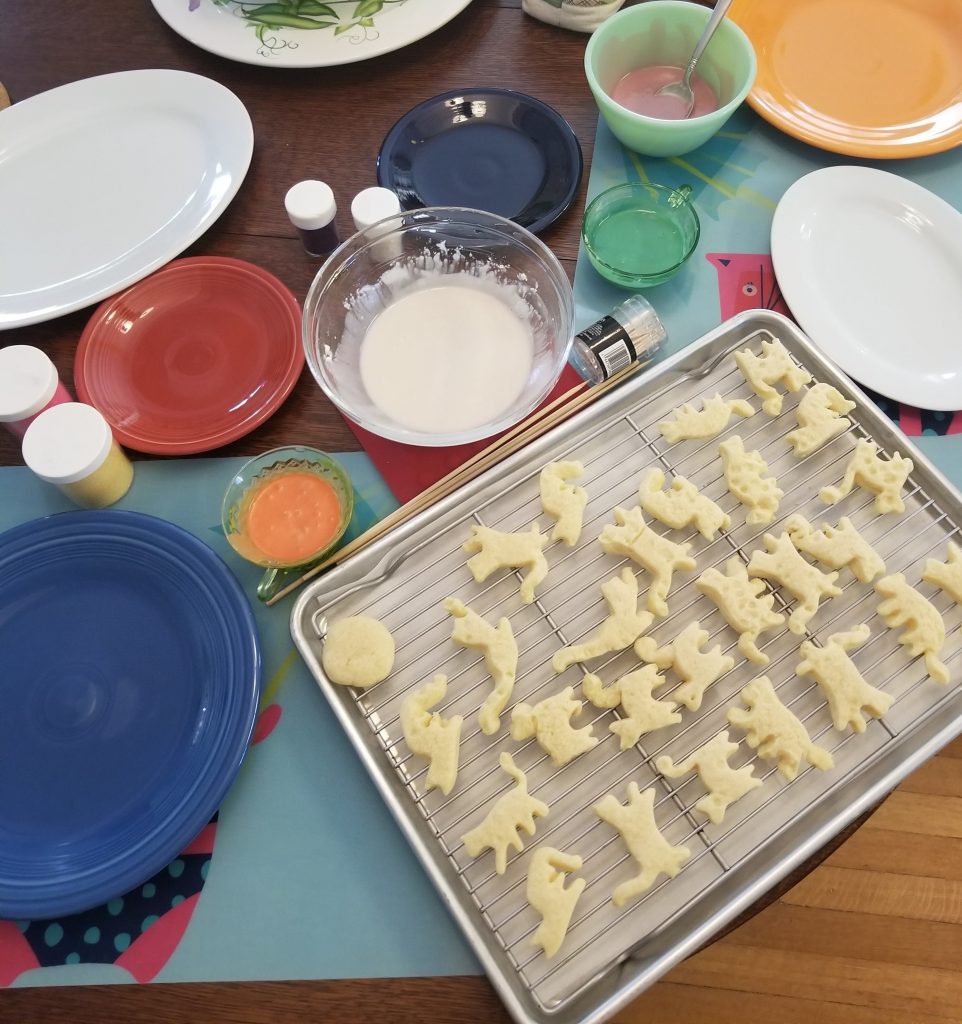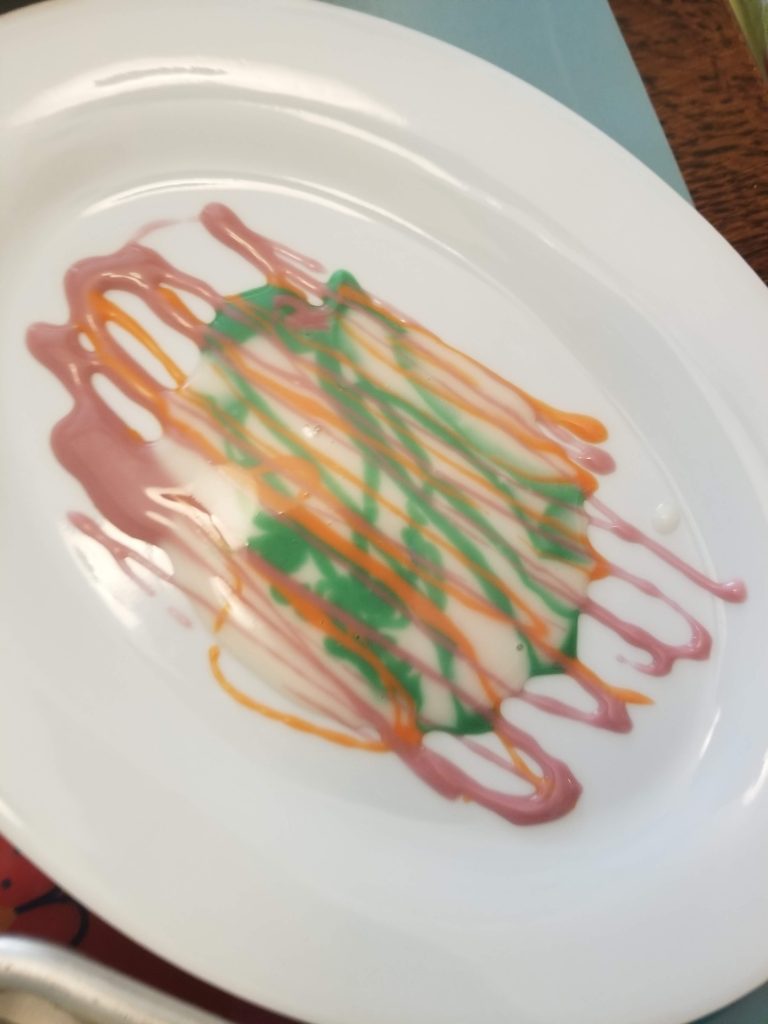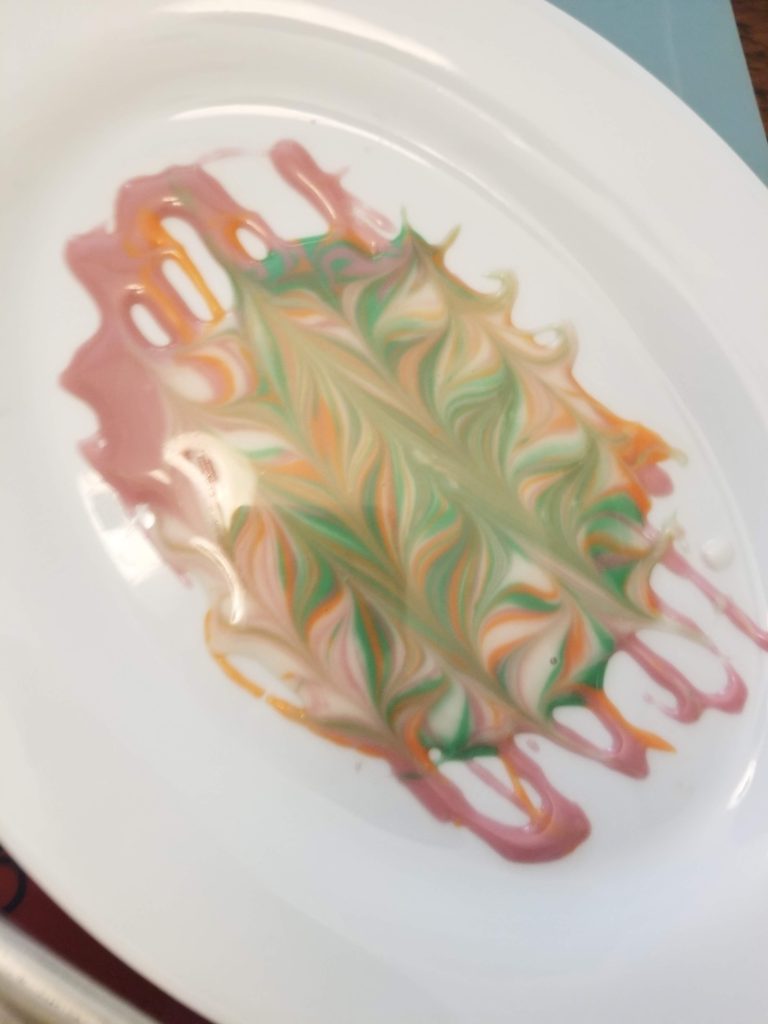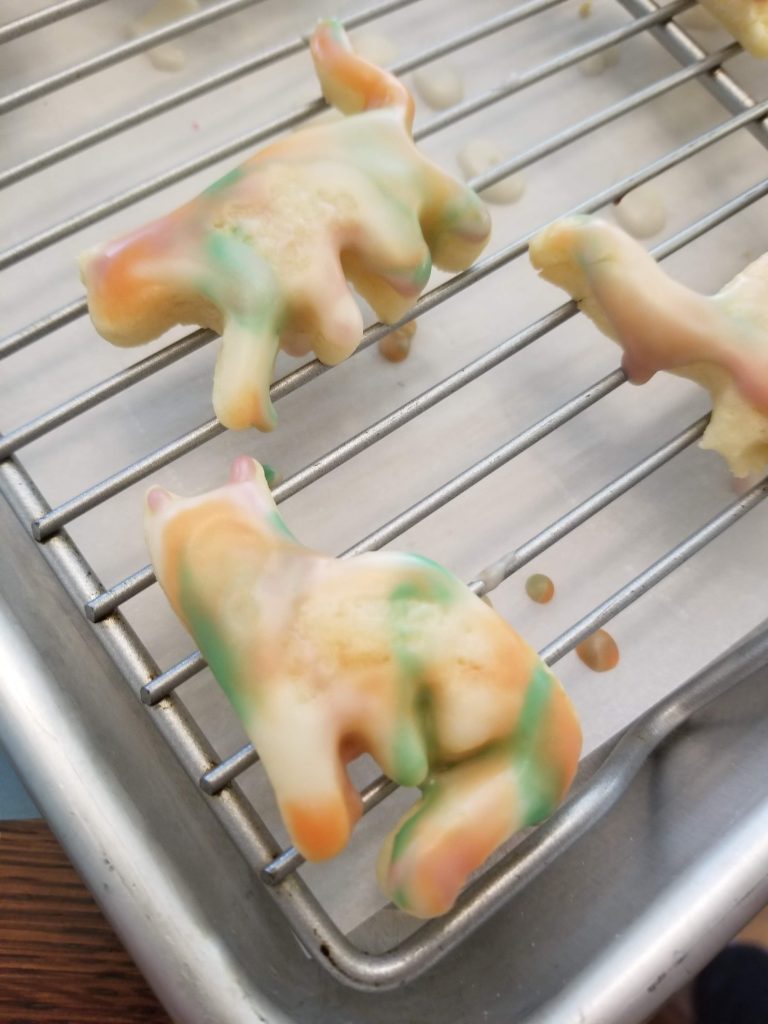Well, since it’s Health and Wellness Monday, I felt like I couldn’t skip the opportunity to tell you to wash your hands and to discuss current events. Even though I don’t want to. I mean, this is pretty crazy guys. The word unprecedented has been going around, I certainly feel like it is. On so many levels – there is the virus itself, the public policy response, the social impact, and the unforeseen long-term economic impact.
I’m not an expert on any of these areas and I don’t want to potentially spread any misinformation, but I would like to take this opportunity to contemplate these four points. Maybe you have some better information that you can share with me in the comments.
The Virus
COVID-19 is a new strain of coronavirus that was unknown before the outbreak in China in December 2019. According to the World Health Organization (WHO), coronaviruses (CoV):
… are a large family of viruses that cause illness ranging from the common cold to more severe diseases such as Middle East Respiratory Syndrome (MERS-CoV) and Severe Acute Respiratory Syndrome (SARS-CoV).
Coronavirus disease (COVID-19) is a new strain that was discovered in 2019 and has not been previously identified in humans.
Coronaviruses are zoonotic, meaning they are transmitted between animals and people. Detailed investigations found that SARS-CoV was transmitted from civet cats to humans and MERS-CoV from dromedary camels to humans. Several known coronaviruses are circulating in animals that have not yet infected humans.
https://www.who.int/health-topics/coronavirus
The risk of catching COVID-19 is still low for most people in most locations. Illness due to COVID-19 infection is generally mild, especially for children and young adults. Once someone catches a virus, their body will create antibodies and they won’t be as susceptible to the same illness again.
Most estimates of the incubation period for COVID-19 range from 1-14 days, most commonly around 5 days. It is not certain how long the virus that causes COVID-19 survives on surfaces, but it seems to behave like other coronaviruses (a few hours up to several days).
The issue with this virus is that about 1 in every 5 people who catch it will become seriously ill and need hospital care. Older persons and persons with pre-existing medical conditions (such as high blood pressure, heart disease, lung disease, cancer or diabetes) appear to develop serious illness more often than others.
The virus that causes COVID-19 and the one that caused the outbreak of Severe Acute Respiratory Syndrome (SARS) in 2003 are related to each other genetically, but the diseases they cause are quite different. SARS was more deadly but much less infectious than COVID-19. There have been no outbreaks of SARS anywhere in the world since 2003. I think this is notable because it implies that this will probably be a similarly short-term world health concern.
Public Policy Response
Let’s agree to that the ultimate objective of the public policy response to the COVID-19 outbreak is intended as a means to curb the spread of the virus in order to protect those most vulnerable to serious illness. Based on various things I’ve read, it seems like everyone will probably catch this, not everyone will get very sick, but those who are susceptible will get seriously ill.
The capacity of the healthcare system is limited, so the best option is to take measures to slow the spread of the virus so that there are hopefully fewer seriously ill people at any given time in an attempt to not overwhelm the healthcare system.
I’m not a public health authority by any means, I am not even a public health amateur. That being said, I am surprised by the delay and haphazard implementation of institutional response. Last week, when the ballet performance that I was planning to attend was canceled, professional sports were still playing to stadiums and arenas full of thousands of people.
As I write this, it’s as if the whole world is canceled – including entire seasons of various sports, events ranging from Coachella to the meetings of my Toastmaster’s club; schools are closed, so are museums and performing arts venues.
Social Impact
This leads to the social impact. I really wonder how the crazy grocery shopping makes any sense in terms of “social distancing.” If you are really worried about exposure, why do you have to go to the store to buy ALL THE FOOD right this moment? When everyone else is as well. Everyone is in a hurry to get all the stuff that they need to lock themselves in their house for the next month. It strikes me as an unfortunate time to cultivate an “us against them” mentality.
This morning, as I was walking in my neighborhood, I was crossing the street when a mom and her little boy were approaching the corner. Generally, my neighbors are friendly, and it is common to great people with a smile and a “hello.” This time was different. She not only glared at me, but she turned her back as if to shield her son from me. Keep in mind, I was probably 20 feet away from them as I passed.
Are we going to start viewing everyone as a potential threat? I hope not. I hope that we will remember that most of us will probably get sick, but the reason that we are practicing “social distancing” is to help the healthcare system retain its capability to provide services for those of us who have a severe response to the virus.
Long-term Economic Impact
This is what really concerns me. Let’s say that everyone stays home for the next three, four, five, eight weeks. Healthcare organizations get a grip on things and life gets back to normal. There are still going to be economic repercussions that we can’t begin to imagine.
Here’s an example: I had some freelance work lined up for next week. It was a small project, everything is done remotely, no big deal. There is no reason that what is going on should affect this job, right? Not so fast my friend. The publication is distributed as part of an event, which was canceled. So, no need to worry about the print deadline. Will they reschedule the event? Probably. Will they still want my help on the publication? Maybe, maybe not. Maybe now they have the time to do the work that they were going to outsource to me themselves. I would if I was them.
That is just one example of the kinds of economic ripples I think we are going to be seeing. I don’t imagine that the majority of individuals or organizations who are having their income stream disrupted have 30, 60, 90 days of resources available. I think we are going to see all sorts of domino effects in terms of the economy in the near future.
Wrapping Up
So those are the sorts of things that I have been thinking about in terms of the current situation.
As someone who has been practicing social distancing for a while, I would like to encourage you to take advantage of this opportunity to do something that you haven’t felt like you have time for in your normal life. If you are working from home, think of the time that you aren’t spending commuting as a gift. Don’t spend your energy reading all of the things about the pandemic or binging on reality TV. Do one of those things from your “if only” pile. Read that stack of books, clean you closets, learn about astrology or enneagrams or Norse mythology, garden, meditate, make something, write something. If you want to write a guest post for this blog, let me know.
Wash your hands, avoid touching your face, and don’t forget to be compassionate toward your fellow humans. We’re all in this together.
